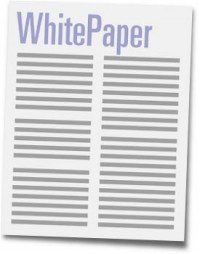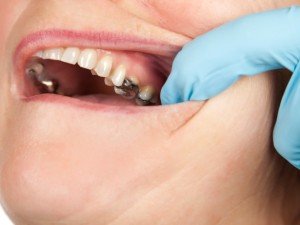Effects of dietary inclusion of clinoptilolite in colostrum and milk of dairy calves on absorption of antibodies against Escherichia coli and the incidence of diarrhea
1 min read
This study investigated effects of administration of two levels of clinoptilolite via colostrum and milk to dairy calves on blood serum antibody levels against Escherichia coli, and on the incidence of diarrhea. Eighty-four clinically healthy Holstein calves were divided into three groups according to body weight (BW), sex and the parity of their dams. Group Z1 (n = 28) was fed clinoptilolite at 1 g/kg BW/d via colostrum initially, and milk afterwards. Group Z2 (n = 28) was fed clinoptilolite at 2 g/kg BW/d via colostrum and milk and Group C (n = 28) was fed colostrum and milk without clinoptilolite supplementation.
The experiment started at the day of parturition and lasted for 10 d. All calves were fed with the same mixture of frozen colostrum for the first 36 h after calving and thereafter with bulk tank milk twice a day. Specific antibody levels against E. coli were determined in blood serum samples of calves at birth, 12, 24 and 48 h after calving. All calves were monitored daily for incidence of diarrhea throughout the experiment. Blood serum antibody levels were higher (P<0.05) in calves that were fed clinoptilolite compared to controls, and those of Z2 were higher (P<0.05) than Z1 throughout the experiment. Administration of clinoptilolite reduced (P<0.05) the incidence of diarrhea.
Supplementation of clinoptilolite at 1 g/kg or 2 g/kg BW/d in the colostrum initially, and milk afterwards, during the first 10 d after calving can be effectively used to enhance intestinal absorption of antibodies against enterotoxigenic strains of E. coli, and to reduce the incidence and duration of diarrhea in calves.
Click here to read the full study.






